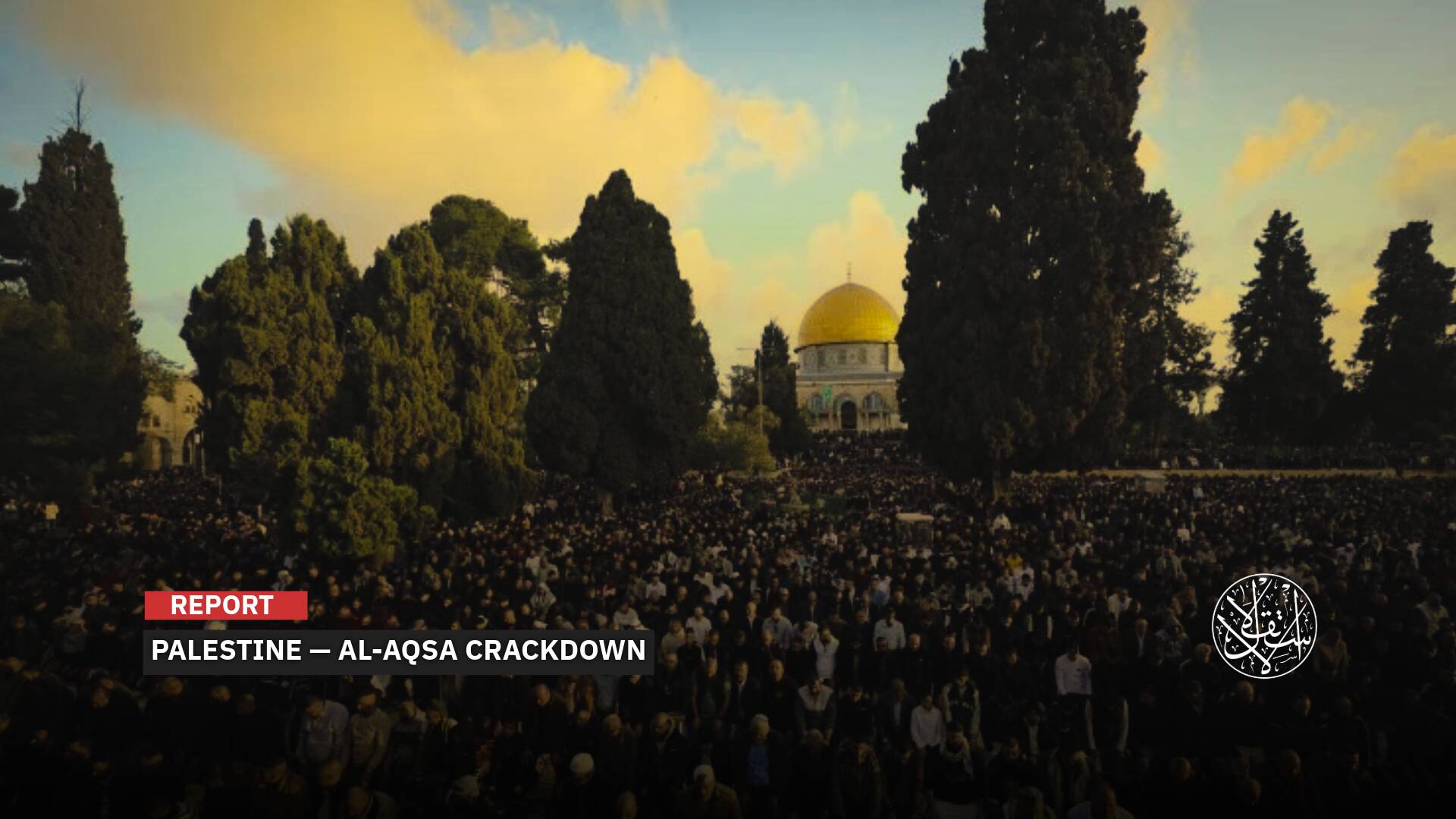Shadow Coups: How France Uses the Military and Politics to Maintain Its Grip on Mali
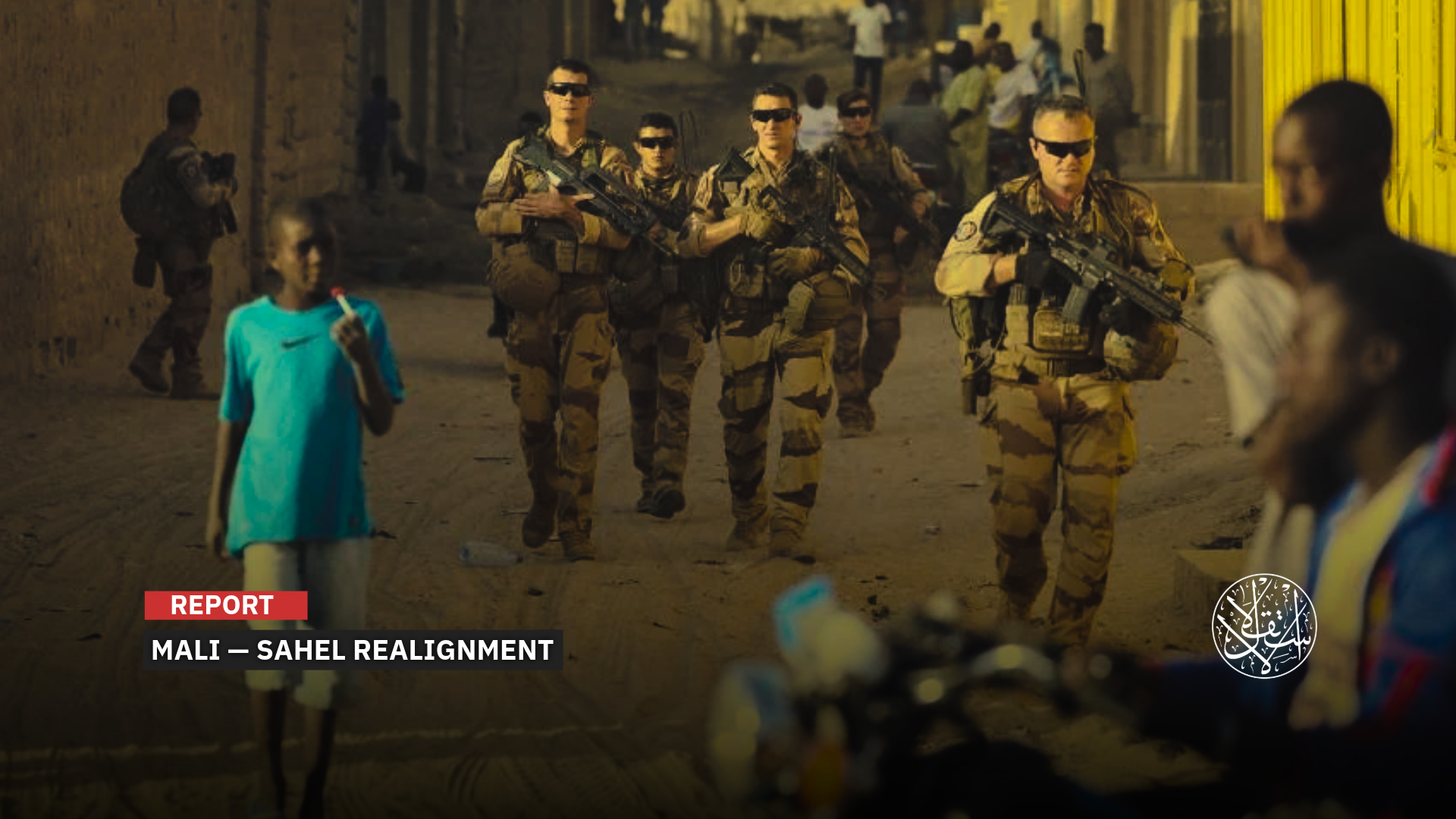
Mali’s military council puts Paris in the dock.
In a striking development that underscores the deep rift between Bamako and Paris, Mali’s ruling military council announced on August 14, 2025, that it had foiled an attempted coup involving two generals and dozens of soldiers acting on behalf of Paris, and arrested a French national suspected of links to the French intelligence services.
Security sources told Agence France-Presse that at least 55 military personnel had been detained, including prominent figures such as Abbas Dembele, a senior army general and former governor of the Mopti region, and Nima Sagara, a powerful figure who was the first woman to attain the rank of general in the air force.
With the latest allegation, Bamako has once again put Paris in the dock, not only as a former colonial power that regards Mali as part of its sphere of influence, but as an active player in attempts to destabilize the country and derail any genuine path toward independence in Mali and across the Sahel region.
The Nature of the Conspiracy
The public accusation was not a passing detail in statements from Mali’s transitional authorities, but rather part of a broader confrontation with French influence, which has shaped the country for decades since its nominal independence in 1960.
Bamako views Paris’s interventions as extending beyond economic and political control, encompassing attempts to undermine state stability whenever the country seeks to break free from its old guardianship.
According to the military statement, the detained group sought to “destabilize the institutions of the Republic” with direct support from foreign powers, a clear reference to France.
Reports indicate that the plot targeted the National Guard, the body from which the current defense minister, Sadio Camara, one of the leading figures of the new authorities, emerged, raising questions about the extent of foreign influence within Mali’s security institutions.
Notably, the campaign coincided with the arrest of former prime minister Choguel Maiga, a close ally of Paris, on corruption charges.
The move reinforces the image of a regime determined to block internal and external political alliances that might reopen the door to Elysee interventions.
Mali, which has endured a decade of turmoil since 2012 due to armed rebellions and the rise of extremist groups, found itself after the 2020 and 2021 coups in direct confrontation with France.
Under the leadership of Colonel Assimi Goita, the country’s current president, Mali decided to expel French forces and end its historic military partnership with Paris, turning instead to Russia and other powers in an effort to reclaim sovereign decision-making.
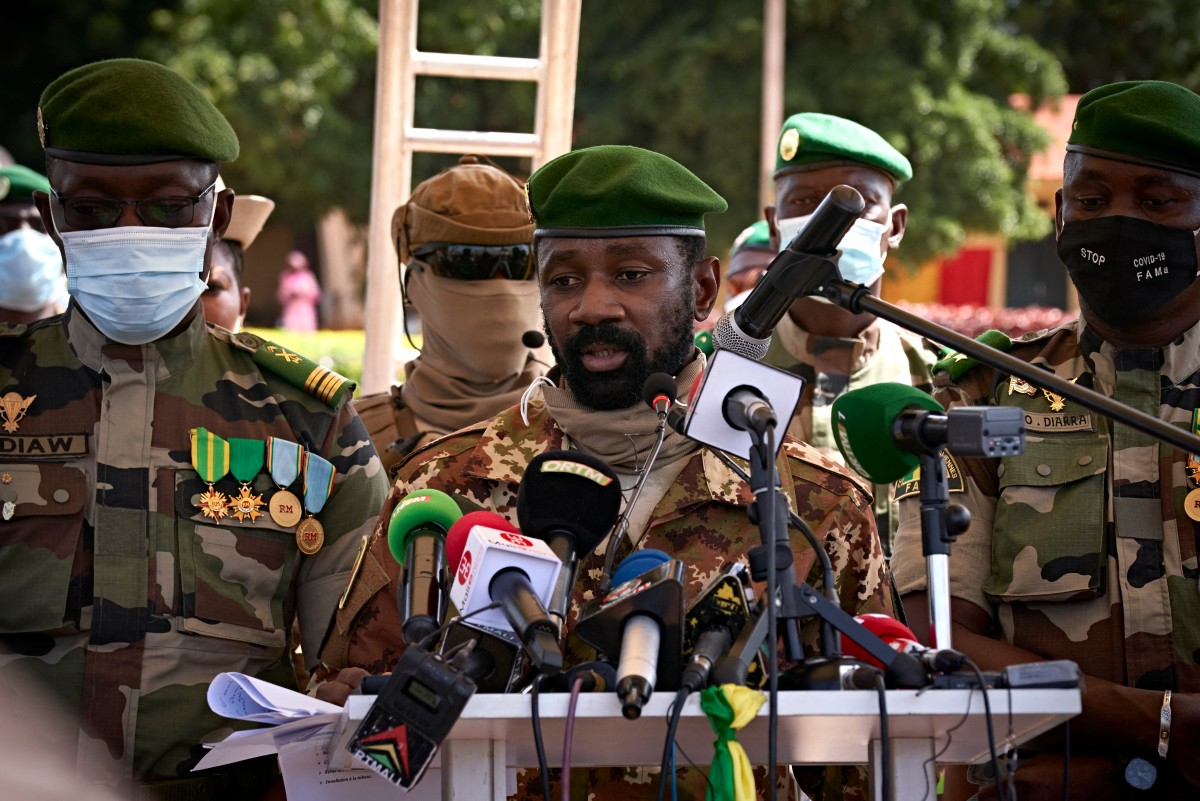
Goita’s Strategy
The crisis escalated further on August 17, 2025, after France demanded the immediate release of the diplomat working at its embassy in Bamako, following the Malian authorities’ announcement that he had been detained for “working on behalf of French intelligence.”
The French foreign ministry was quick to condemn the move, insisting that its diplomat enjoys “diplomatic immunity” under the Vienna Convention, and described the allegations as “invalid and without legal basis.”
The development opened a new front of tension between the two countries, with Bamako viewing it as part of a broader plan for French interference in its internal affairs, while Paris saw it as a breach of diplomatic norms.
At the same time, the French embassy issued a warning to its citizens in Mali, urging them to exercise caution and avoid gatherings, reflecting Paris’s awareness of the seriousness of the situation and its potential to spiral into an open diplomatic and security confrontation.
Colonel Assimi Goita continues to lead Mali’s strategy of disengagement from France, while forging an alliance with Russia.
Born in 1980 into a military family, Assimi Goita rose through the ranks of the Malian army from 2002 and took part in battles against the rebellion in the north, before his name came to prominence after leading the 2020 and 2021 coups that ousted two successive civilian presidents.
Since then, he has become the central figure in the transitional governance equation, and in May 2022 the Constitutional Court confirmed his position as interim president of the transitional period.
In April 2025, the National Dialogue Conference recommended granting him a new five-year mandate, despite objections from domestic political actors.
From the outset, Goita has pursued a clear strategic choice: to rid Mali of historic French influence and fully open the door to Russia.
France, the former colonial power, responded to the coups by withdrawing its forces, which had been engaged in fighting armed groups.
Meanwhile, Moscow has opened its arms to Bamako, signing multiple agreements with the Wagner Group to deploy fighters and mercenaries in support of the Malian army.
With each step Mali takes away from Paris, its security and political partnership with Moscow has deepened, in a trajectory that Goita describes as the embodiment of a “second independence.”
Tensions reached a peak in July 2022, when Goita survived an assassination attempt during Eid al-Adha prayers at the Grand Mosque in Bamako.
Local media hinted at French involvement in the incident, reinforcing the transitional authorities’ narrative that Paris has never abandoned its quest to keep Mali under its grip, at any cost.
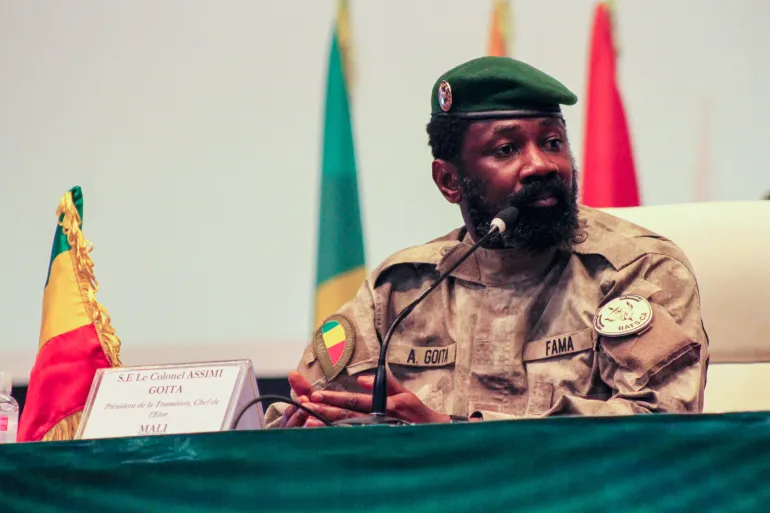
Intelligence Failure
In a Reuters report dated January 5, 2025, the rapid developments in the Sahel, specifically in Mali, were described as France’s greatest strategic failure in decades.
The report linked the sidelining of former head of external intelligence Bernard Emie, 65, with the paralysis that has afflicted French intelligence services.
They failed to anticipate or prevent the successive coups that swept through Mali, Burkina Faso, and Niger over just four years, ultimately resulting in the collapse of French influence and its complete military withdrawal from the region.
Paris, which had prided itself on the deployment of Operation Barkhane, comprising 5,500 troops backed by substantial logistical, aerial, and intelligence capabilities, found itself forced first to withdraw from Mali, the spearhead of its operations, then from Burkina Faso, and finally from Niger, where the last French soldier left on December 22, 2023.
Most perilously, the French withdrawal was accompanied by the disintegration of the international umbrella that had supported it.
Alongside the departure of Operation Barkhane, the European commando force Takuba and a large portion of UN troops in Mali also withdrew, leaving a huge void in the regional security equation.
While a limited Italian-German force and U.S. airbases in Niger were unable to fill the gap, Moscow moved quickly to exploit it by reorganizing Wagner fighters under a new name, the “Africa Corps.”
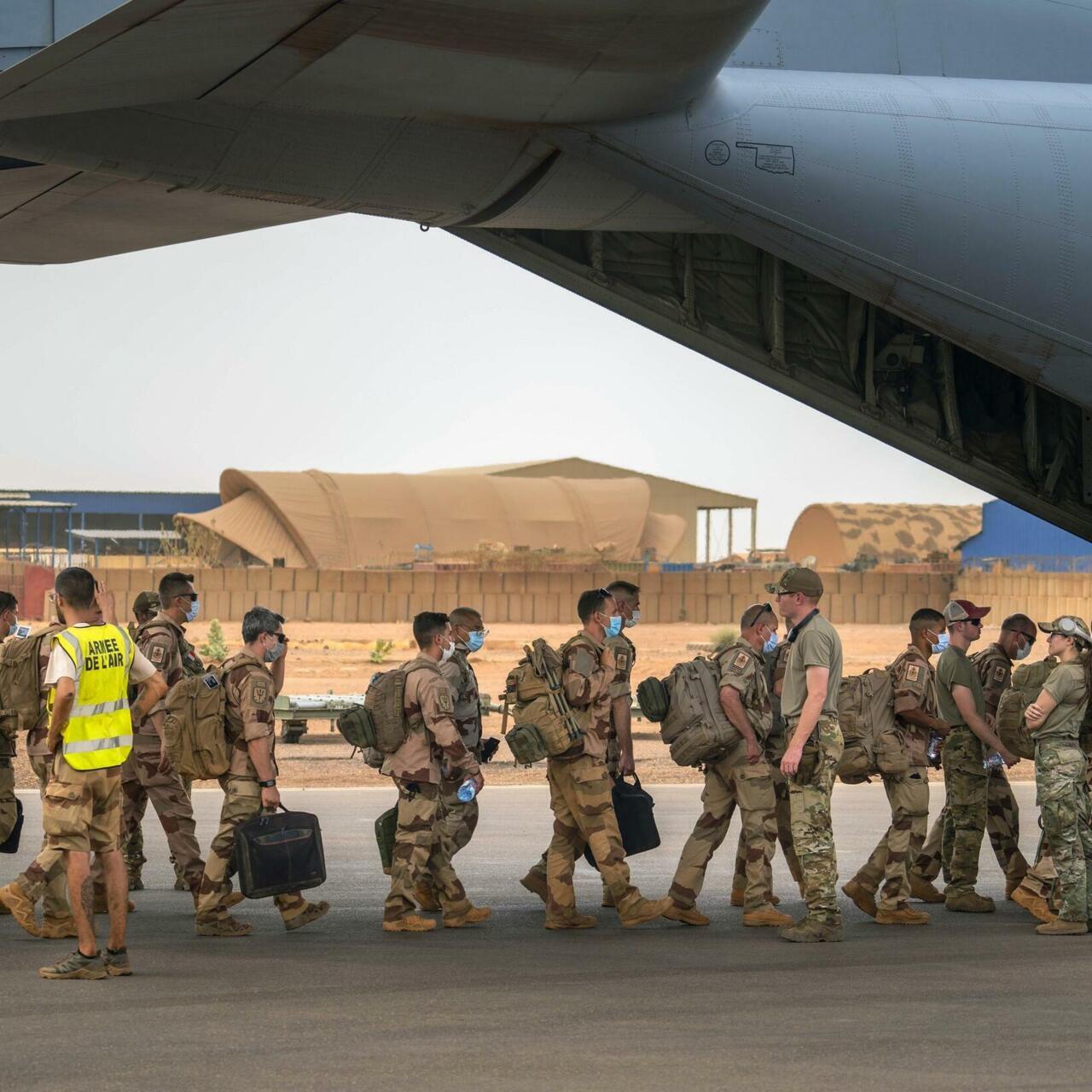
Erratic Policies
According to Reuters, this shift reflects the transfer of the initiative in the Sahel from Paris to Moscow, with Russian influence growing markedly in Mali and Burkina Faso on the ruins of France’s eroding presence.
These developments present formidable challenges for French external intelligence, now tasked under the leadership of Nicolas Lerner with the difficult mission of understanding the causes of the collapse and working to salvage what remains of France’s presence in Mali, one of Africa’s most strategically important regions.
The Times has also criticized France over its management of former colonies in Africa, holding it responsible for the unrest.
In its editorial of August 8, 2023, it stated, “The faltering policies of French President Emmanuel Macron in France’s former African colonies have failed to bring stability to these countries.”
The Times added that Mali had until recently been considered one of the most stable of France’s former colonies in the Sahel, but it is no longer so following the ousting of its government, along with Burkina Faso and Niger.









